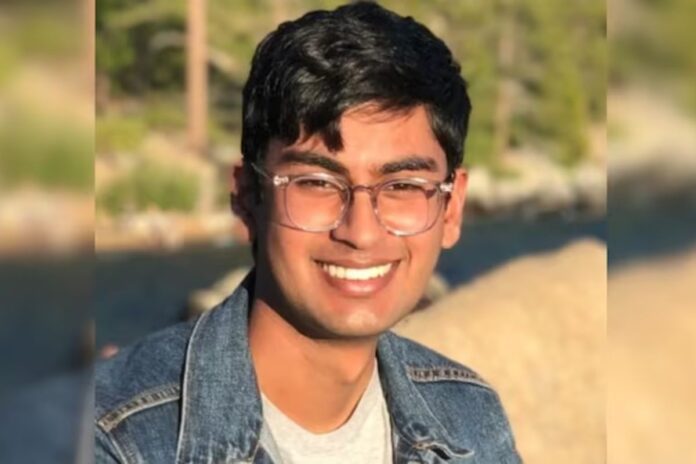The mysterious death of Indian-origin techie and OpenAI whistleblower Suchir Balaji has triggered a wave of speculation and concern, particularly around missing evidence linked to his case. Suchir Balaji, a central figure in critical lawsuits against OpenAI, was found dead under circumstances described by investigative journalist George Webb as “highly suspicious.”
Webb, speaking to India Today News Director Rahul Kanwal, revealed several inconsistencies in the handling of the case. He pointed out that blood trails, signs of a struggle, and the ransacked state of Balaji’s apartment strongly suggest foul play. “The apartment was ransacked. Blood trails indicate he was crawling out of the bathroom seeking help,” said Webb, adding that the gunshot wound seemed inconsistent with a suicide scenario.
Missing Evidence and Key Details
One of the most striking aspects of the case is the disappearance of a backup drive reportedly containing sensitive information tied to lawsuits against OpenAI. According to Webb, Suchir Balaji was preparing this device for a meeting with the New York Times. Its absence has raised alarms about a possible connection between the device and Balaji’s role as a whistleblower.
“This wasn’t a robbery. Suchir was targeted,” Webb stated, noting that other valuables, such as Balaji’s phone and laptop, remained untouched.
Criticism of Police Investigation
Webb expressed deep concerns about the San Francisco Police Department’s handling of the case. “The police deliberated for just 14 minutes. They failed to check for gunshot residue or perform ballistics tests,” he said. The absence of a suicide note and the fact that Balaji had contacted his parents just hours before his death add to the skepticism surrounding the suicide ruling.
Balaji’s parents, devastated by his untimely demise, have hired a private investigator whose findings align with Webb’s observations. They have called for the San Francisco Police Department to reopen the case and conduct a more thorough investigation.
Balaji’s Role as a Whistleblower
Suchir Balaji, known for his expertise in training advanced AI systems, was a critical witness in high-stakes lawsuits against OpenAI. He had accused the company of copyright violations and unethical practices, which made him a central figure in legal battles involving the tech giant.
Webb highlighted the significance of Balaji’s prominence in the AI industry. “Suchir’s expertise and planned testimony made him a potential threat to powerful entities,” he remarked, suggesting that these factors could have made him a target.
Broader Implications
The case has cast a shadow over the tech industry and local governance. Webb pointed out a potential conflict of interest, as OpenAI CEO Sam Altman serves as an advisor to San Francisco’s incoming mayor. “The timing couldn’t be worse. This case highlights deep issues in transparency and accountability within both the tech world and local authorities,” Webb stated.
While Webb dismissed the possibility of OpenAI being directly involved in Balaji’s death, he emphasized the need for a comprehensive investigation. “I don’t believe OpenAI would worsen their position by making a martyr out of Suchir Balaji,” he said.
Family Seeks Justice
Balaji’s parents have been vocal in their demands for a transparent investigation. They have urged authorities to release the autopsy report and case files, underscoring their belief that their son’s death was not a random act of violence but a calculated attack.
As calls for justice grow louder, the case of Suchir Balaji continues to stir debate and demand scrutiny of both the tech industry and the investigative processes surrounding his death.

